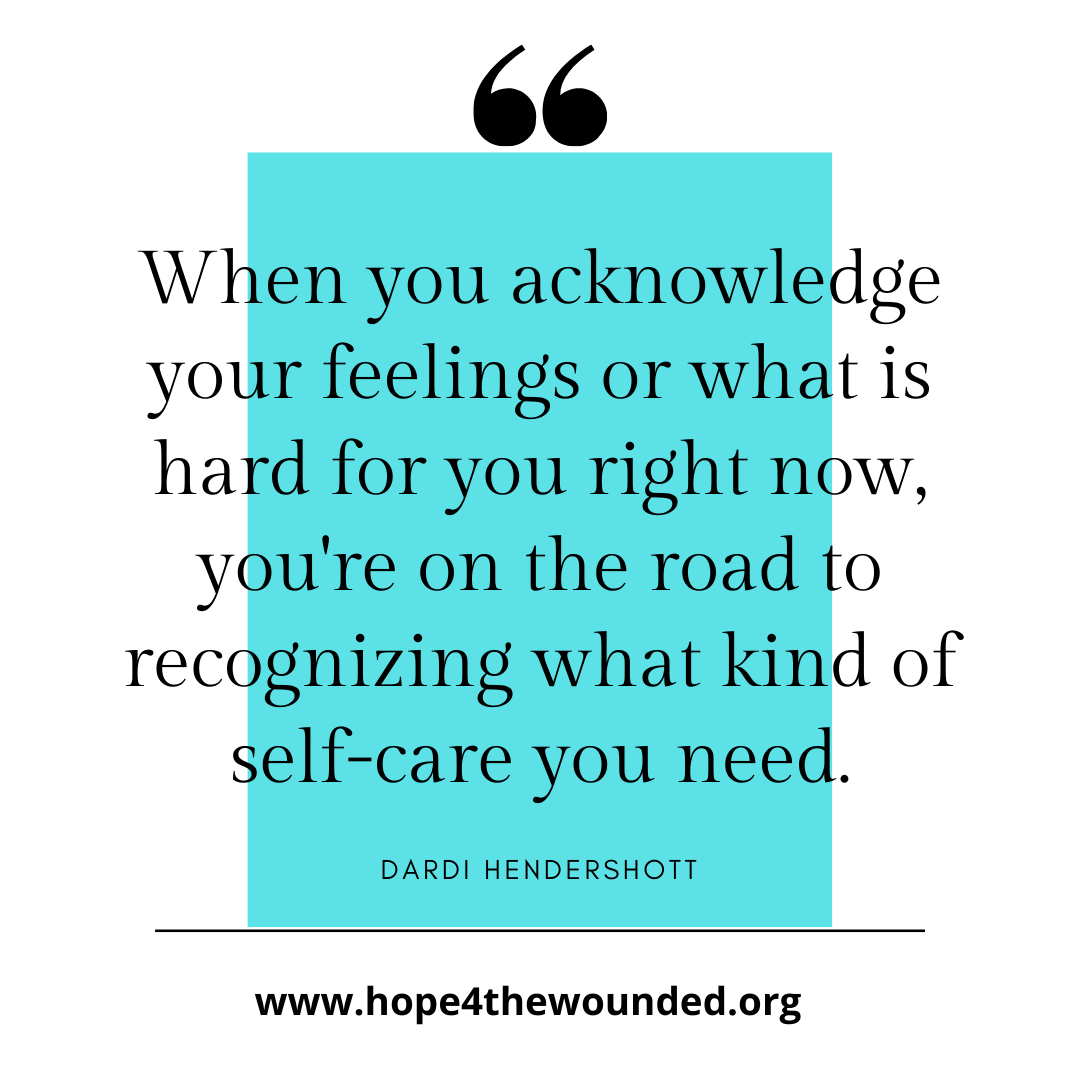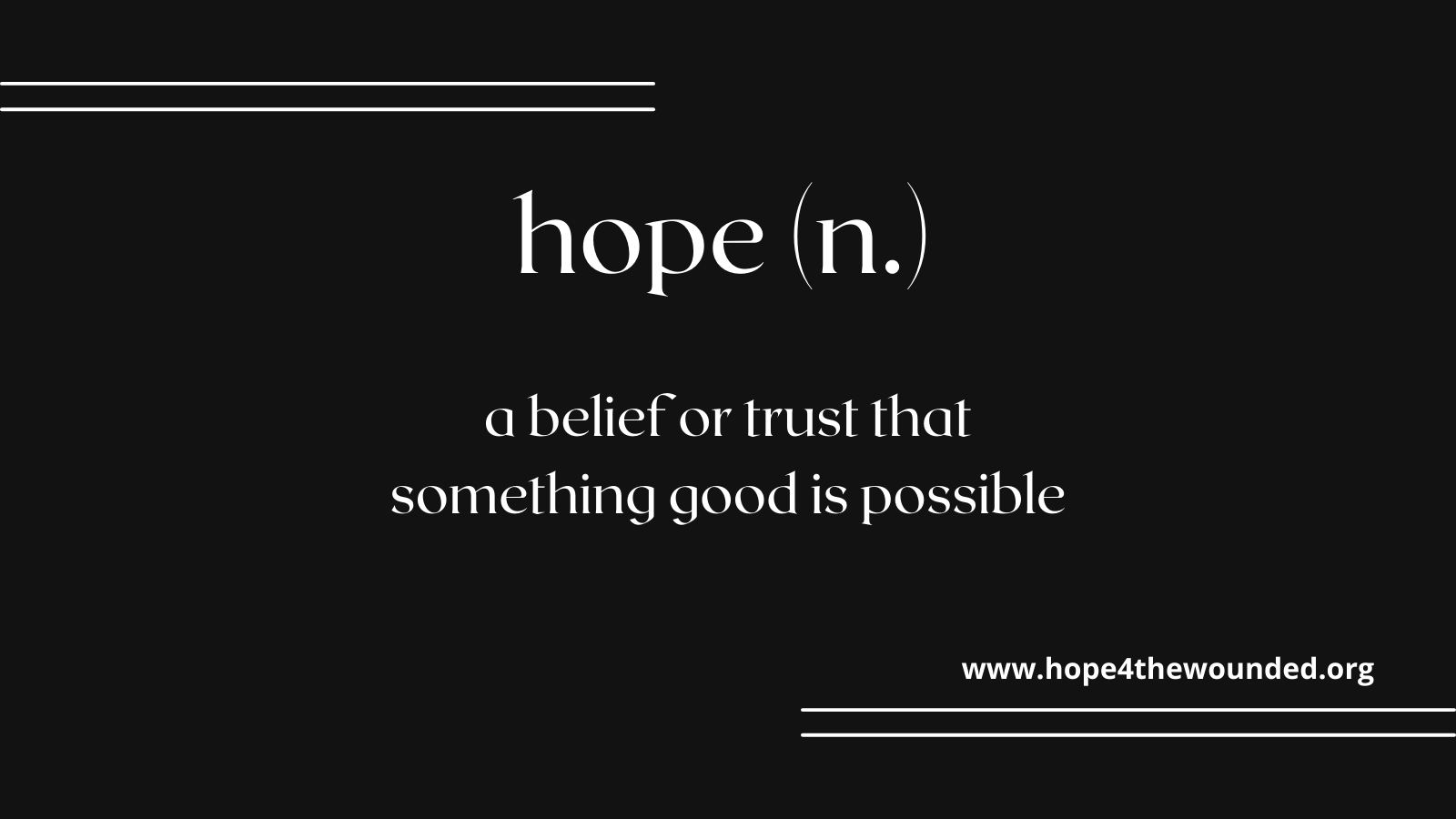Redefining Self-Care
I've had the honor of doing several conference sessions and professional development trainings based on information in our newest book (Supporting the Wounded Educator: A Trauma-Sensitive Approach to Self-Care). I absolutely love doing these sessions, and even more, I love getting feedback and follow-up questions. All but one of my sessions over the past several months has been virtual, so I sincerely mean this. When you have the opportunity to work with folks in person you typically get some immediate feedback, but in the virtual world, you just end the meeting. Done. No more conversation. Some people may be good with that, but we struggle with the let down. We are so emotionally invested in what we do that it almost feels like we got ripped off from debriefing or something!
Anyway, I had the pleasure of receiving an email from a participant in one of my recent sessions asking me for a link to a video I shared. She proceeded to ask me about a statement I've found myself making more and more: "I hate the word 'self-care'." She asked me to clarify it because she missed my why during the Zoom session (maybe it was the moment the darn smoke alarm started going off in my house, or was it when my dogs decided to fight over a toy??).


- What empowers you? Exercise, prayer, journaling, coffee (aka liquid empowerment & peace), a kind word to yourself, a kind word to another, organization, etc...? Start your day here!
- What settles you? Unplugging, checking in with a friend/colleague, stepping outside for a breath of fresh air, fragrance (candle/diffuser/wallflower), listening to some music or a podcast, etc....? Take a minute (or 10 if you can!) every now and again throughout your day for some type of mental break.
- What lifts you? Find the good, acknowledge the good, celebrate the good! If you're looking for it, you'll find it. Allow it to come into focus instead of blurring into the busy or the abundance of negativity that can suck the joy out of a person. And if we've stored up some good, we can stare challenges in the face when they come with confidence that there will be good around the corner.
- What connects you? This looks different for everyone, but find those spaces where you can connect with others. Personally, I love going to my children's activities and cheering all the kids on together with other parents. It's the season of life we are in, so we try to be intentional with those connections (I mean, we gotta be there anyway!). The fact of the matter is people need people. Find that space, whether one-on-one or in a community of people, that gets you outside of yourself.
These are just a few examples of ways to incorporate self-care that can literally take as little as a few seconds at a time. When you can, take longer. When you NEED to, take even longer*. With practice, it becomes more natural.

The bottom line: Be intentional with doing things that position you to function in HOPE. . . this is self-care.
*Sometimes we need to tap into other resources. I've said it before; I will say it again and again: If you feel debilitated by your stress, please tap into one of the professional resources available out there. An objective voice may be the best tool in your wellness toolkit!
_______________________________________________________________________________

